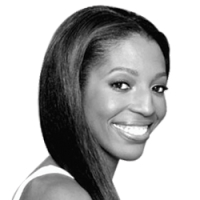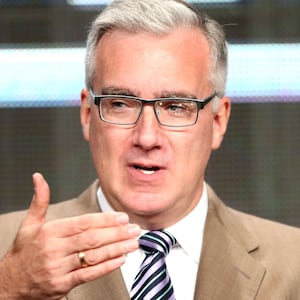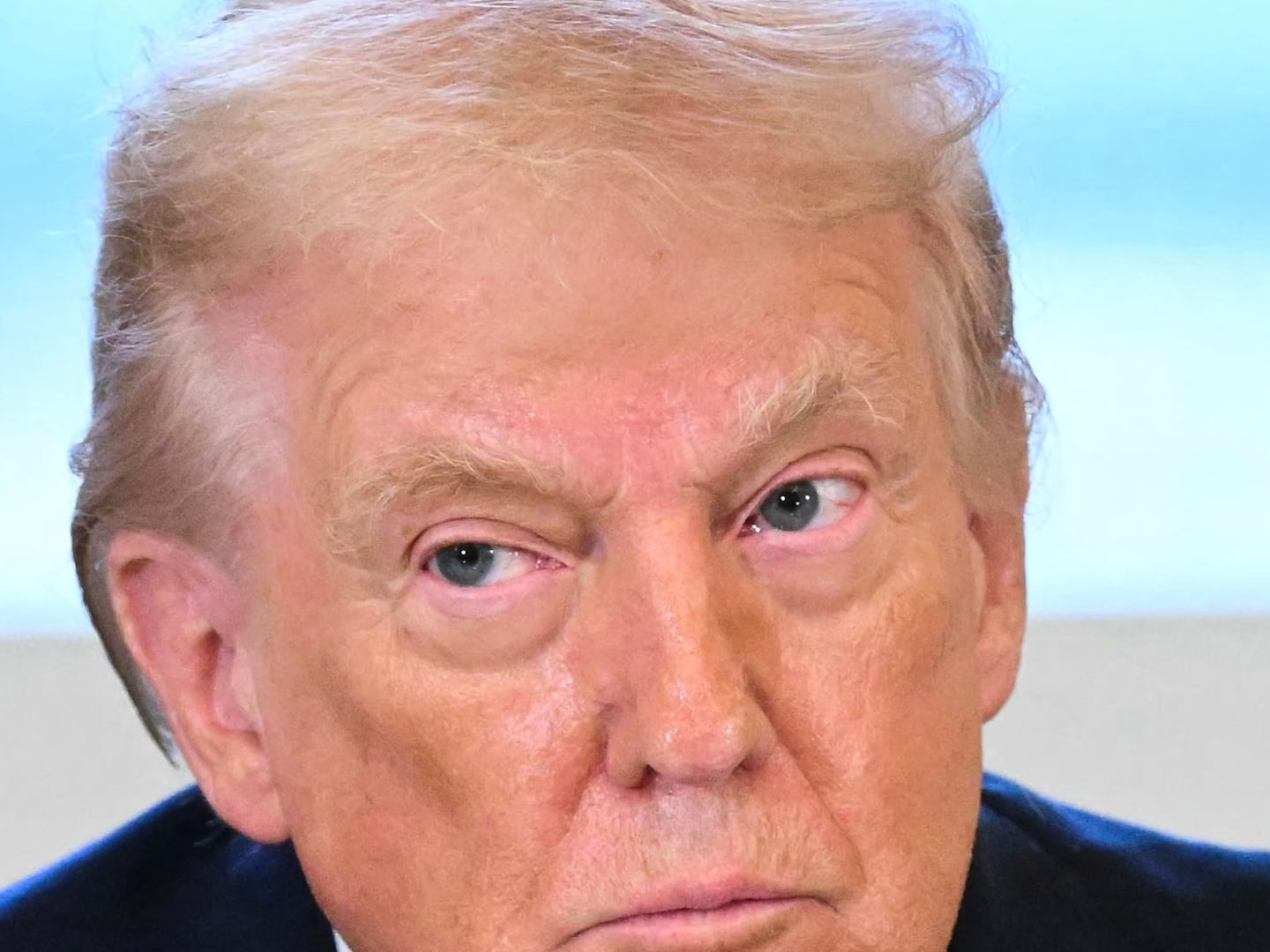Radhika Jones made history as Vanity Fair’s first minority editor in chief.
She announced her departure Thursday after almost eight years at the top.
While the announcement indicated she is leaving on her own terms, many other editorial trailblazers of color who have departed recently, did not.
Her exit adds to the growing list of people of color who ascended to prominent editorial roles in recent years as diversity became the cause du jour, only to disappear from mastheads and corner offices, once it was no longer trendy and political headwinds shifted. Media watchers have already devoted extensive ink to on-air voices of color who have departed high profile roles including Joy Reid and Eugene Robinson, I am more concerned about what’s happening off air.

An abbreviated list of high profile departures includes: Kevin Merida, the Black Executive Editor of the Los Angeles Times, Danielle Belton, the second Black woman to helm HuffPost, Nekesa Moody, the first Black Editorial Director of The Hollywood Reporter, Rashida Jones, the first Black female president of MSNBC, Kimberly Godwin, the first Black president of ABC News and Ingrid Ciprian-Matthews, the first minority female president of CBS News. (Across the pond, but also within Condé Nast, like Jones, Edward Enninful left after becoming the first Black editor-in-chief of British Vogue.)
Now, before the eyerolls begin let me get this out of the way: yes I believe talent and qualifications matter. And while every leader can have their critics, I have actually worked with a number of the people on the aforementioned list and found them incredibly talented and hardworking.
They did not get where they are thanks to the kind of desperate and performative DEI measures that embarrass and infuriate any American who cares about true equality.

So, with America’s government and political climate in chaos and the news business in freefall, why should we care if a few news executives lose their jobs?
Well, I actually believe these are the times when we should care the most.
Lack of diversity—true diversity—in terms of race, class and ideology in newsrooms ultimately affects us all. For instance, I have long believed that what has been labeled “liberal bias” in media is not actually liberal bias at all, but anti-religious bias. I have had many occasions where I have sparred with editors about the importance of stories that I knew would resonate with fellow people of faith because I am one.
Yet for someone who is not a churchgoer discussing the role of faith in society and particularly, politics, can feel like communicating in different languages. If the last election taught us anything, it is how important it is to be culturally multilingual or risk not understanding at least half of your fellow citizens.
My most memorable discussions (and occasionally heated debates) over faith, politics and how those issues help frame stories, have been with fellow Black journalists and editors, many of whom were either churchgoers themselves or at least have family members who are. They could therefore provide educated critiques and analysis on shaping certain stories—from the impact of religion on sex education or stories about abortion—accordingly.
This is because true diversity is about establishing an environment where cultural understanding can flourish in a healthy way and elevate the work. Great editors know that it’s not enough to hire talented writers. You need to hire talented people who can teach you something you don’t already know or bring something to the table that your table (or newsroom) lacks.
I look back and now realize there were certain editors of color who gave me a shot because I had a perspective regarding class and race they lacked because they were raised upper class and I wasn’t. Those are the types of nuances we need more of in newsrooms, not less.

Without that, you end up missing important stories and important perspectives. You also end up missing out on a pipeline to other equally important diverse voices, since competitive industries are still largely dependent on connections and word of mouth. Nepo babies are not going anywhere. This means the onus is on gatekeepers to remain vigilant about balancing out the voices behind the gates.
I have had terrific editors of all races (including here) but when I think back to pivotal moments in my career, many of them involved editors of color who believed in my abilities and my voice, and went to bat for me.
I ended up writing for The Washington Post because Kevin Merida, who was one of the editors there at the time, had read my work and advocated for me. Joel Dreyfuss and Henry Louis Gates Jr. gave me a large platform at The Root, where other Black editors championed my work, before they went on to major mainstream editorial success elsewhere, including Danielle Belton who just left HuffPost and Lauren Williams who became editor of Vox.
While Radhika Jones is unlikely to remember this, she too played an early, meaningful role in my career. I pitched a story to Time magazine on the passing of one of the early Black supermodels, Naomi Sims. Every single brown-skinned model or actress—from Naomi Campbell to Lupita Nyong’o—owes a debt of gratitude to Sims and I wanted to make sure her passing was covered with the gravitas it deserved.
To his credit, Josh Tyrangiel greenlit the piece, but it would not have been published and certainly not designated as important enough for inclusion in the year-end issue without the culture editor deeming it so. That editor was Radikha Jones.
I certainly wish Jones well in her next chapter but, I can’t help but worry about what Vanity Fair will look like without her.

She put Amy Sherald’s powerful portrait of Breonna Taylor on the magazine’s cover, something I highly doubt Graydon Carter, her celeb-obsessed predecessor, would have done.
Ironically, Carter is out with a new memoir, called, When the Going was Good. Carter reminisces about the days when glossy editors like him ruled the town…and could afford Town Cars.
By “like him” I mean, predominantly white and whose editorial instincts were guided by what their friends at Manhattan dinner parties said they should be. Very few people like me existed in that world, and women of color like Radhika Jones certainly didn’t run things.
If the purge of leaders of color from media continues, we may soon find ourselves reliving Carter’s good old days after all, only people who care about good journalism know that’s not actually a good thing.







